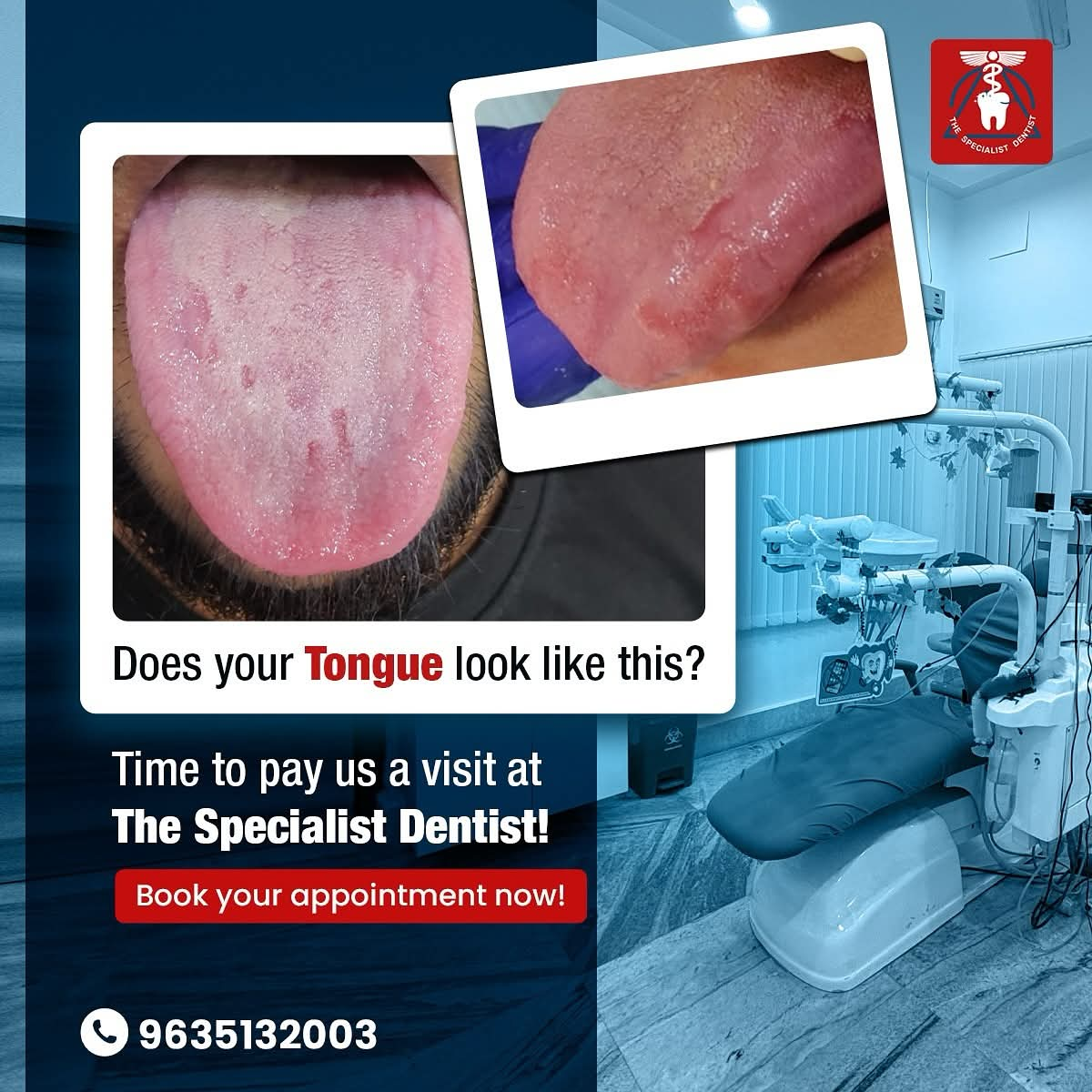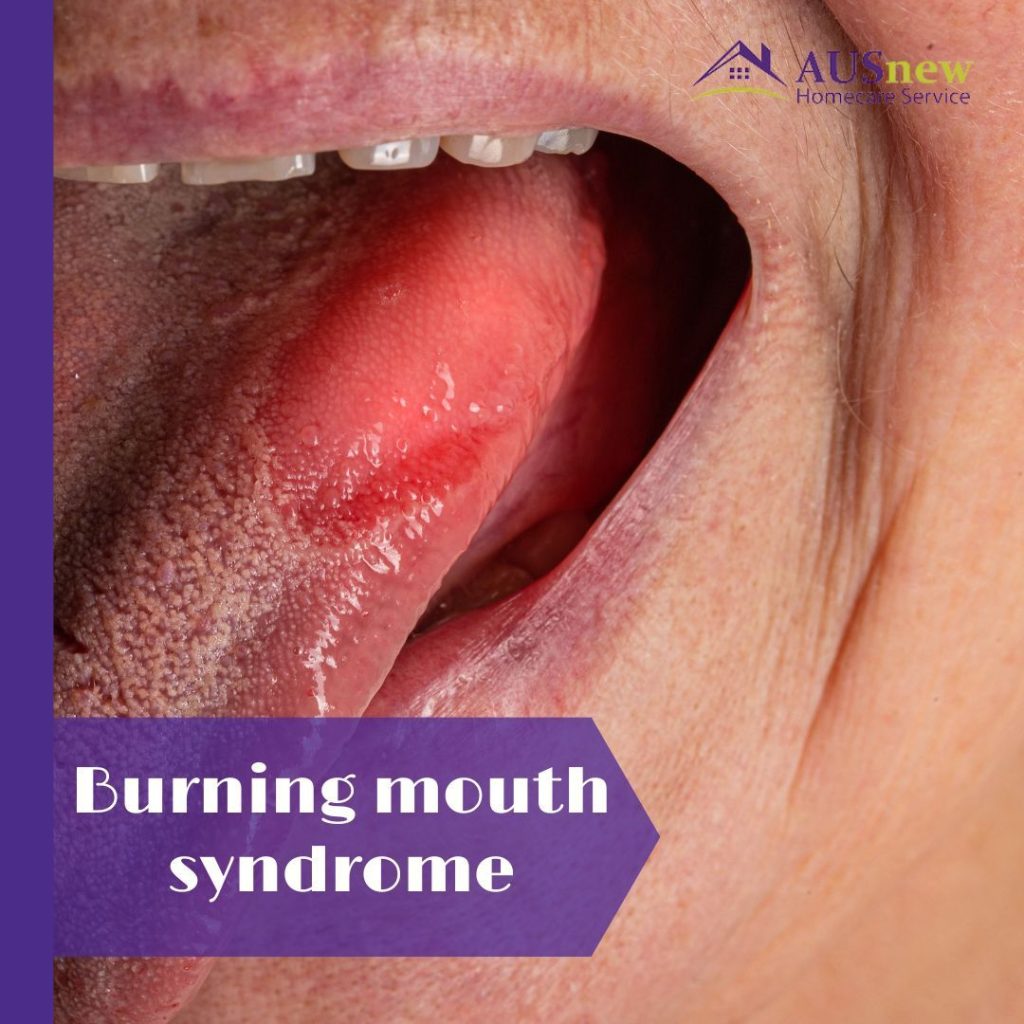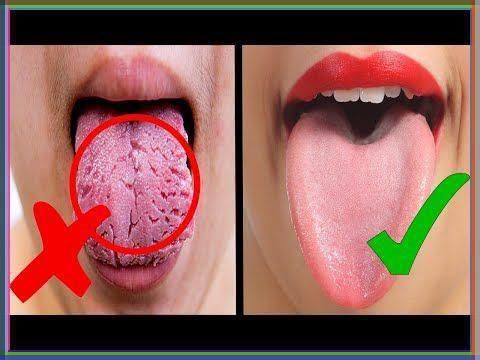When you think about your oral health, your teeth and gums probably come to mind first. But have you ever taken a closer look at your tongue? This often-overlooked part of your mouth can act as a mirror to your overall health, showing early signs of both oral conditions and systemic diseases.
At The Specialist Dentist in Barasat (Udayachal, KNC Road, Gupta Colony – 700124), we encourage patients to pay attention to subtle changes in the mouth—including the tongue. Here’s how your tongue can be a powerful indicator of what’s going on inside your body.
Why Is the Tongue Important in Oral Health?
Your tongue plays several vital roles:
- Assists in chewing and swallowing
- Helps with speech
- Houses taste buds
- Maintains oral hygiene by naturally cleaning surfaces
Its surface contains tiny projections called papillae, along with blood vessels and nerve endings that respond to internal changes in your body. When something’s off, your tongue is often one of the first areas to show signs.

Common Tongue Signs You Shouldn’t Ignore
Here are some of the most common tongue symptoms and what they may mean for your oral or general health.
1. White Patches or Coating
A thick white coating or white spots could signal several conditions:
- Oral thrush (candidiasis) – A fungal infection common in people with weakened immune systems or those using antibiotics or inhalers.
- Leukoplakia – Thick, white patches that can sometimes indicate pre-cancerous changes.
- Poor oral hygiene – A sign that bacteria and debris are accumulating on the tongue.
🟢 What to do: Brush your tongue gently and monitor for changes. If white patches persist for more than a week, consult your dentist.
2. Red or Strawberry-Colored Tongue
A bright red tongue may point to:
- Vitamin B12 or folic acid deficiency
- Scarlet fever (especially in children)
- Kawasaki disease – a rare illness, mostly affecting children
- Glossitis – inflammation of the tongue
🟢 Tip: If your tongue appears unusually red, especially with a smooth surface or pain, it may be time for a nutritional assessment or further medical tests.
3. Black or Hairy Tongue
While it may look alarming, a black hairy tongue is usually harmless and caused by:
- Poor oral hygiene
- Tobacco use
- Certain medications or mouthwashes
- Excessive coffee or tea consumption
The tongue’s papillae grow longer, trapping food and bacteria, causing discoloration.
🟢 Solution: Improve oral hygiene, brush the tongue regularly, and avoid contributing factors. If it persists, consult your dentist.

4. Soreness or Burning Sensation
A burning feeling or soreness without visible injury may be due to:
- Burning Mouth Syndrome
- Allergic reactions
- Hormonal changes (especially in postmenopausal women)
- Nutritional deficiencies (B vitamins, iron)
🟢 Important: Chronic discomfort in the tongue should always be evaluated to rule out systemic issues.
5. Tongue Ulcers or Sores
Occasional tongue ulcers are common, but frequent or painful sores can indicate:
- Canker sores
- Viral infections (e.g., herpes simplex)
- Autoimmune disorders
- Oral cancer (if an ulcer doesn’t heal in 2–3 weeks)
🟢 Action step: Persistent or irregularly shaped sores should be examined by a dental professional immediately.
6. Swollen or Enlarged Tongue (Macroglossia)
Swelling may be associated with:
- Allergic reactions
- Thyroid issues (like hypothyroidism)
- Amyloidosis (protein buildup in tissues)
- Down syndrome
A large tongue can interfere with breathing, speech, or chewing and may need further evaluation.

7. Tongue Tremors or Involuntary Movements
While rare, tongue tremors can be a neurological sign pointing to conditions like:
- Parkinson’s disease
- Multiple sclerosis
- Medication side effects
🟢 If you or someone notices tongue tremors, especially alongside other neurological symptoms, seek medical help immediately.
What a Healthy Tongue Looks Like
- Color: Pink
- Texture: Even, with small nodules (papillae)
- Moisture: Slightly moist, not dry or overly wet
- No sores, patches, or unusual coatings
Performing a self-check in the mirror once a week can help catch early signs of trouble.
How to Keep Your Tongue Healthy
Keeping your tongue clean and healthy is part of a complete oral hygiene routine:
Tongue Care Tips:
- Brush your tongue daily with a toothbrush or tongue scraper
- Drink plenty of water to avoid dryness and bacterial growth
- Avoid tobacco and limit alcohol
- Eat a balanced diet rich in vitamins and minerals
- Visit your dentist regularly for oral check-ups

When to Visit a Dentist About Tongue Changes
If you notice:
- Patches or sores that don’t go away after 10–14 days
- Unusual swelling or discoloration
- Persistent pain or burning
- Difficulty moving the tongue or speaking
Don’t wait — early diagnosis can prevent serious conditions from worsening.
Why Trust The Specialist Dentist in Barasat?
At The Specialist Dentist, our expert dental team not only treats teeth and gums but pays attention to your complete oral health, including your tongue. We use advanced diagnostic tools to detect early signs of oral disease and guide you to the right treatment or medical referral if needed.
📍 Visit us at Udayachal, KNC Road, Gupta Colony, Barasat – 700124
📞 Call us at 9635132003
🌐 www.thespecialistdentist.in
Book Your Oral Health Check-Up Today
Your tongue could be trying to tell you something important. Don’t ignore the signs! Stay proactive with your oral health.
👉 Call 9635132003 or book your appointment online
Experience expert care at The Specialist Dentist—Barasat’s trusted dental clinic.

